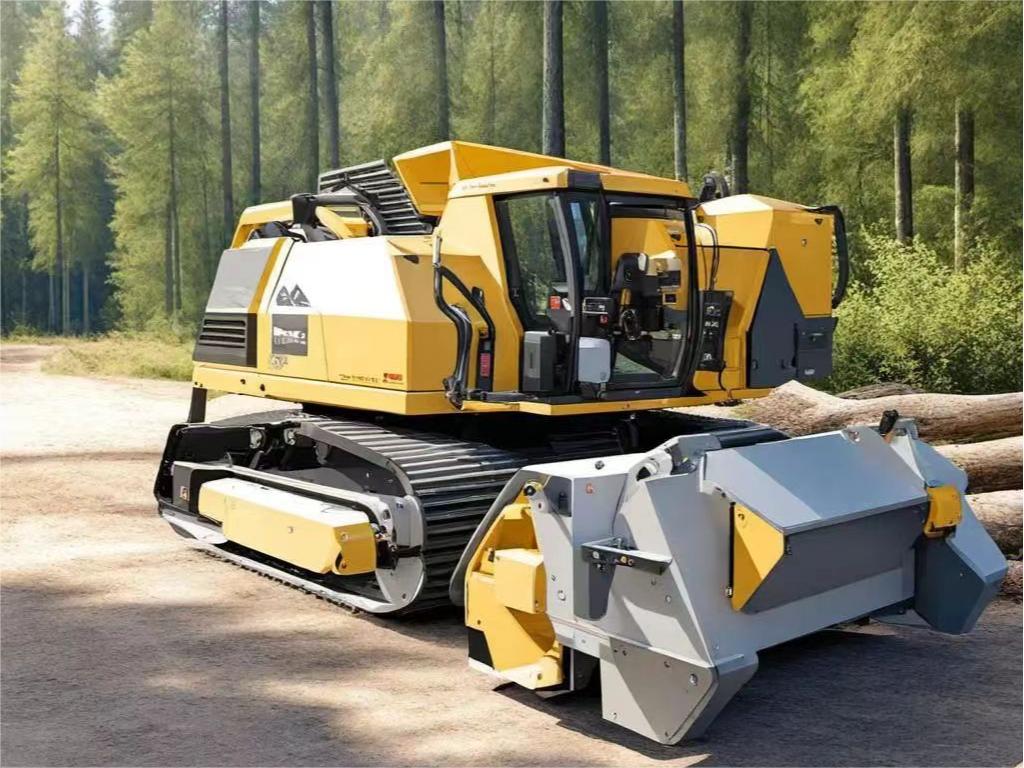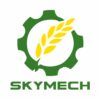In the agricultural and forestry sectors, Mulcher Teeth play a pivotal role in land clearing and maintenance, making them indispensable for dealers seeking to trim operational costs and boost efficiency. To achieve this, dealers must delve into understanding the long-term return on investment (ROI) of Mulcher Teeth and consider the option of using non-OEM aftermarket parts. This article will explore the technical characteristics of Mulcher Teeth, cost considerations for dealers, and strategies for selecting non-OEM aftermartet mulcher teeth to assist dealers in making informed decisions.
Technical Characteristics of Mulcher Teeth:
The quality and performance of Mulcher Teeth directly impact operational efficiency and costs. High-quality Mulcher Teeth are typically crafted from high-strength alloy steel, offering excellent wear and impact resistance. For instance, tungsten carbide alloy, widely employed in Mulcher Teeth manufacturing, surpasses traditional steel materials in hardness and wear resistance. Additionally, superior design and craftsmanship ensure Mulcher Teeth possess excellent self-cleaning properties and stable operational efficiency, mitigating the risk of clogging and downtime.
Dealer Cost Considerations:
Dealers need to consider various factors when selecting Mulcher Teeth, including initial investment, maintenance costs, and downtime. Although the price of high-quality Mulcher Teeth may be higher, their long-term ROI is often substantial. By opting for durable Mulcher Teeth, dealers can reduce costs associated with frequent replacements and enhance operational efficiency, thereby saving on labor and time costs.

Wise Selection of Non-OEM Aftermarket Parts:
Under the pressure of operational costs, many dealers are contemplating non-OEM Aftermartet mulcher teeth as alternatives. While these parts may come at a lower price, their quality and performance may match or exceed OEM parts. Some manufacturers ensure their products match or exceed OEM performance through advanced materials and processes. Dealers can establish long-term partnerships with trusted non-OEM aftermarket parts suppliers to access more competitive prices and high-quality product support.
Case Study Analysis:
For example, Robert, a dealer, faced frequent Mulcher Teeth replacements, leading to escalating operational costs. By collaborating with a reputable non-OEM aftermarket parts supplier, Robert opted for their high-quality Mulcher Teeth as an alternative. After a period of use, Robert found that these non-OEM aftermarket parts were not only more durable but also more affordable, successfully reducing operational costs and increasing profitability.
Summary:
Comprehensively considering the long-term ROI of Aftermartet mulcher teeth and contemplating the selection of non-OEM aftermarket parts is an effective strategy for dealers to reduce operational costs and enhance efficiency. This article aims to provide dealers with more references and guidance when making decisions.
Tip: wear part can be displayed on our video website on YouTube


